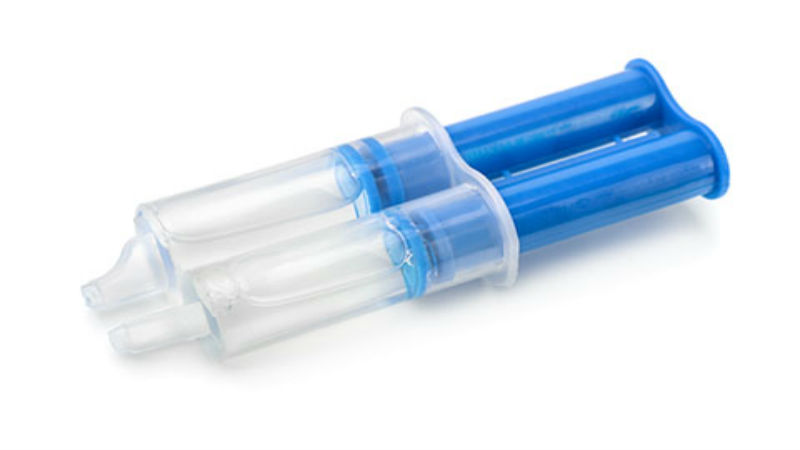Opting for the right kind of fastener can make the difference between a secure, long-lasting joint and one that’s prone to falling apart. When dealing with critical assembly applications, the decision is more than just about finding a screw; it’s about selecting a thread-forming fastener that enhances performance and safety. High-quality taptite thread-forming screws are an excellent example of such specialized fasteners, offering distinct advantages in certain scenarios.
Let’s dive into the specifics of when and why you should consider using Taptite screws in your next project.
What Are Taptite Screws?
Taptite thread-forming screws are structured to create their own threads as they are driven into a pre-drilled hole, usually made of softer materials such as aluminum or plastic. They feature a unique, patented thread design that ensures they can tap their way with 60% less torque than conventional screws require. This reduced installation effort means that Taptite screws can achieve more consistent and reliable tightening, reducing the risk of under or over-torquing in the process.
Increased Thread Engagement
Compared to other fasteners, Taptite screws offer a larger contact area with the workpiece, which means better load distribution and increased resistance to pull-out forces. This enhanced engagement can be particularly beneficial in softer materials that are more prone to thread stripping.
Higher Resistance to Vibration Loosening
One of the most frequent failure modes for threaded fasteners is loosening due to vibration, leading to compromised joint integrity. Taptite screws, with their superior thread mating and engagement, provide a more secure joint that can withstand vibrational stresses better.
Enhanced Joint Integrity
Taptite thread-rolling screws create stronger joints and eliminate the need for secondary tapping operations. This efficiency is a cost and time-saving benefit, and it also ensures the screw is optimally matched to the workpiece.








